How to Read CBD Certificates of Analysis (CoAs)
It’s surely no surprise that cannabidiol (CBD) is quickly taking over the health, wellness, and holistic markets simultaneously, especially in the US. Unfortunately, even with advancements being made daily in the cannabis world, this area is still very unregulated, with more areas of gray than we’d like to admit.
Consumers don’t necessarily have guarantees that the quality of their CBD products will be above par. From a bird’s eye view, this may be a quick pop up of a red flag, confusing shoppers in the process.
No need to panic, we’re here to spill all the details about CBD, what goes into a quality CBD oil, what certificates of analysis (CoAs) are and how to read them, and how to choose a CBD product effectively.
Let’s get cruisin’.
Is CBD Even Legal?
Yes, CBD is legal in the United States.
In the US, CBD is federally legal if it derived from the hemp plant and contains less than 0.3% tetrahydrocannabinol (THC). But here’s where things get tricky.
Depending on which state you reside in, the regulations, legalities, and varietals of cannabis may or may not be legal - recreationally or medicinally. For instance, in the state of California, cannabis and CBD products are legal: recreationally and medicinally. Thus, users can have marijuana and or hemp-derived CBD products and certain amounts of cannabis in their possession without insanely worrisome legal concerns.
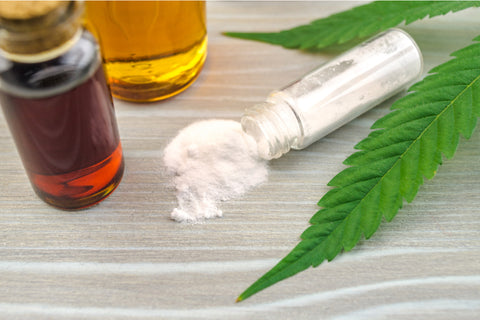
On the other hand, in the state of Utah, for example, CBD is legal if only derived from the hemp plant and contains less than 0.3% THC. Cannabis is only legal medicinally in the state of Utah with a registered Medical Marijuana Card (MMJ card).
Interested in learning more about the legalities of CBD state by state?
Here are some related articles to explore:
Is CBD Illegal? (CBD Legality by State)
Is CBD Legal in California? (CBD Laws in 2021)
Is CBD Legal in Utah? (CBD Laws in 2021)
What is a Certificate of Analysis (CoA)?
A certificate of analysis (CoA) is a document that displays the results of laboratory testing on the company’s CBD/hemp products’ full composition. This document should include the following:
- Cannabinoids
- Microbiological Levels
- Terpenes
- Contaminants (i.e. pesticides)
- Residual Solvents
- Heavy Metals
The CoA, for short we’ll call it, first starts with the name of the laboratory that is performing the testing. In our case, CLIP Labs does our testing here at Nanocraft. This may not seem that important, but we recommend looking for the lab’s name, as some companies do testing themselves and this is a major conflict of interest.

Next, browse for the test date. This can help you ensure that the CBD company’s products that you’re interested in aren’t years and years old. Another important thing to read for on the CoAs is the sample/product name or ID. This can help you cross-reference the lot number with the batch number located on the back of every Nanocraft CBD product.
What are the Limits of Detection (LoD) or Limits of Quantification (LoQ)?
The LoD informs you of the lowest possible amount, of a specific substance, that can be determined. The LoD can be a minus or plus - the substance may be there but the actual amount/concentration of it is not determined. For example, the LoD for CBN is “0.001 mg/mL”. This means that if cannabinol (CBN) concentration is present at least 0.001 mg/mL in the CBD product/oil.
The LoQ informs you of the lowest possible amount allowed, of the substance, that will be tested for. For instance, the LoQ for CBN is “<0.0386 mg/mL”. This means that if cannabinol (CBN) concentration exceeds this value (above), it will show up on the test.

How Important is the Cannabinoid Profile?
The cannabinoid profile is definitely important, let’s say one of the gold mines type of important. The cannabinoids encompass a class of plant substances with similar biochemical structures, being derived from the cannabis plant. Both cannabidiol (CBD) and tetrahydrocannabinol (THC) are cannabinoids.
The wonderful thing about CoAs is that the tests should list each and every cannabinoid present in the CBD product. There could be well over 10+ cannabinoids present in a product and the CoA should still describe the presence or concentration of each.

The cannabinoid profile can be of extreme importance to a consumer as some individuals may only be desiring certain cannabinoids or solely just want CBD. If a consumer is worried about drug testing, a CoA can help provide data to their worry, with descriptions and numerical representation of the values/amounts of THC present (if any).
Why is a CoA Important?
When a new product or oil becomes readily available on the market, it can be difficult in determining whether it’s “good or bad” when there is such a lucrative market for CBD.
The lack of specific industry standards, guidelines, and regulations make it “easy” for companies to incorrectly label or describe products. They may only provide half the amount of information necessary to buyers.

Such an issue as this greatly affects not only the reliability of product quality, but it also deceives customers about the products they’re interested in and are paying for.
Thus, creating labeling regulations isn’t enough. In today’s day and age, consumers may not be necessarily paying attention to the product’s content when it comes to purchasing. Here’s where CoAs come in clutch: they provide consumers a reliable, law-abiding CBD analysis from real labs and companies. These CoA documents delve the true composition for each and every product.
Where Can I Find a CoA?
Finding a company’s CoA may not be a piece of cake per se. They may even be difficult to get your eyes on. Sometimes, you may even need to reach out to a company and ask for it (exhausting, we know).
However, once you’ve received your product, there should be a QR code on the label that you can scan to see the CoA document. Cool right?
You can also head to the trusty internet and Google it. Many companies have this information online, it may just take a little bit to find it. Third-party laboratory companies should have company’s CoAs on their websites too.

Signs You Shouldn’t Purchase Products without CoAs
Here’s the realistic, not so glamorous, fun part of CBD product shopping.
Just to reiterate a bit, CBD is not yet regulated by the Food and Drug Administration (FDA). Thus, companies are free to make incorrect claims and mislabel their products at their discretion.
Even scarier to think about, some companies don’t have CoA and don’t do third-party lab testing, like at all. Think about it - you head to the internet, order a CBD product from a company you’ve never heard of, it arrives, and it doesn’t tell you what’s in it. You reach out to the company asking for their CoA for that product and you get no answer.
CoA’s are the backbone to a company’s CBD products, without them there’s no foundation holding them up.
Why Choose Nanocraft CBD Oils and Products?
Here, at Nanocraft CBD, we make it easy for you to access our CoAs for each and every product. We even created a bold and clickable tab for consumers to open right under the CBD product’s description. We take immense pride in ensuring our products are of the highest quality, with no hiding ingredients insight.

We believe and stand by being fully transparent with our customers, as our CBD oils and products are designed to meet the athlete within all of us. No gimmicks, no games, no hidden agendas, just the necessary information you need when it comes to choosing a CBD product perfect for you.
A Complete Guide to Reading CBD CoAs: Final Thoughts
Now that you’ve got the “low down” on CBD CoAs, you’re ready to dominate the internet, hunting down CBD sites and navigating through CoAs. Okay, maybe that’s a little intense, but you see where I’m going with this.
Anyways, at the end of the day, when all is said and done, we highly encourage and recommend you to ask for company’s CoAs, read through the cannabinoid profiles in their products, and ask questions. An educated and knowledgeable CBD consumer is one that sets themselves up for success, especially when it comes to using high quality CBD products and oils.
Locating and reading through CoAs may seem daunting at first, but taking the extra time to ensure what you’re getting, down to the exact numbers of each ingredient, are well worth your end goal.
![]()
At Nanocraft CBD, we take pride in not only doing in-house testing but also third-party lab testing to ensure the quality of all our products is well above par. We test every production run for quality and potency. This makes sure that all of the cannabinoids, terpenes, essential fatty acids, and phytonutrients are consistent and pure.
Every batch goes through rigorous testing at one of the nations leading laboratories. When the batch passes, it receives a Certificate of Analysis and a Certificate of Quality Assurance that we make available to our customers. And here’s the great news for you: to date, not one batch has failed to meet our unprecedented testing standards!
What does all of this mean for you? You can use less of our product to achieve the same level of benefit as the products sold by most of our competitors. We think that’s a reason to celebrate.
* DISCLAIMER: The information in this article is for educational purposes only. It does not exploit or provide medical advice of any kind. Therefore, any reliance you place on the information below is strictly at your own risk. Please check with your medical provider before starting or changing a CBD routine.

- #cannabidiol
- #cbd
- #cbdforathletes
- #cbdforpets
- #cbdoil
- #cbdproducts
- #hemp
Tagged under








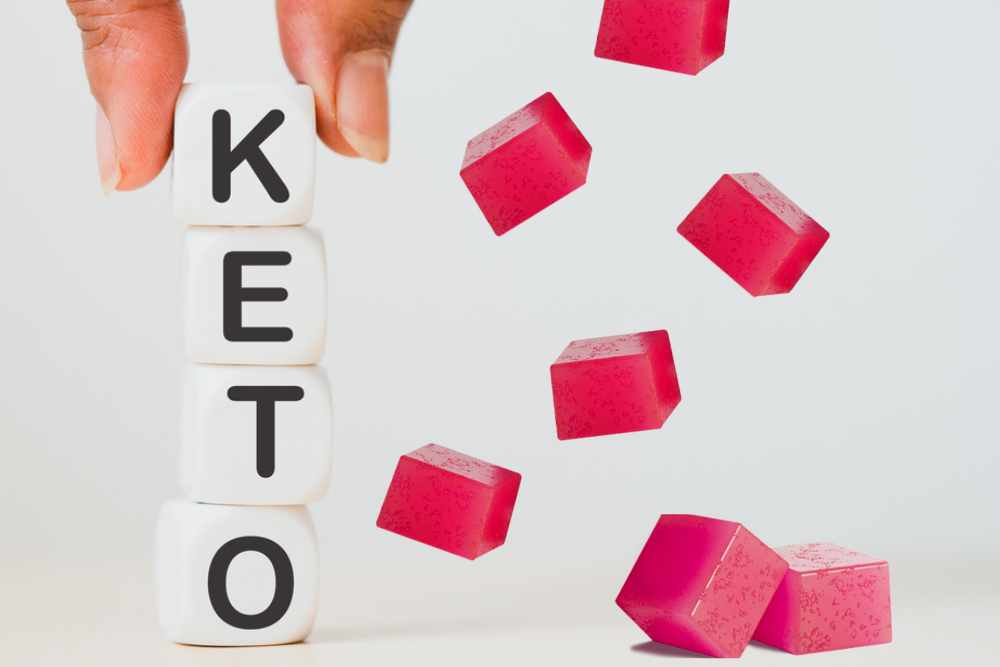
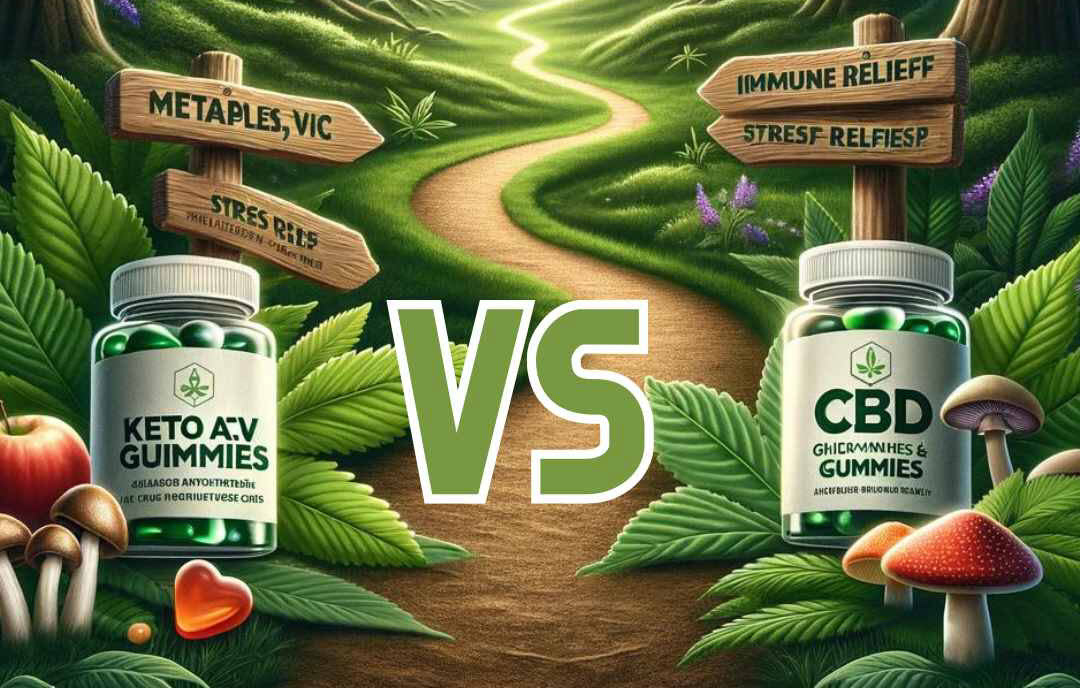

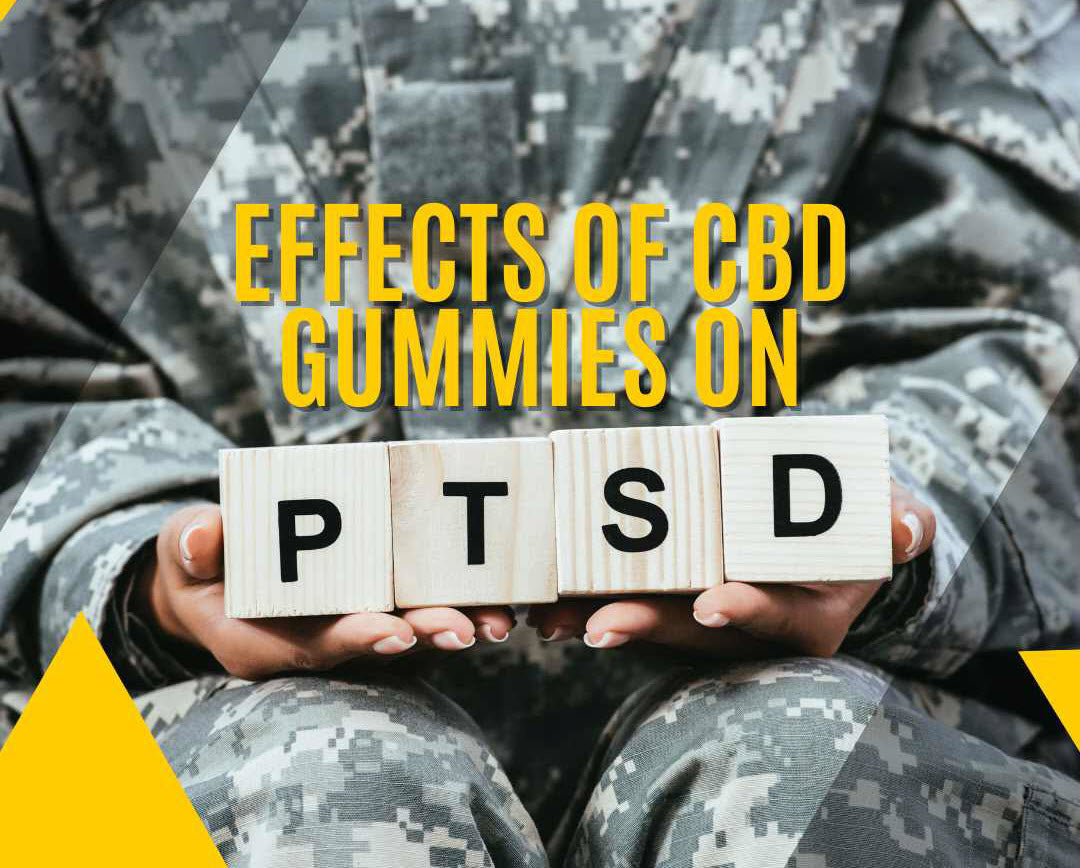
No comments yet!
Be the first to comment